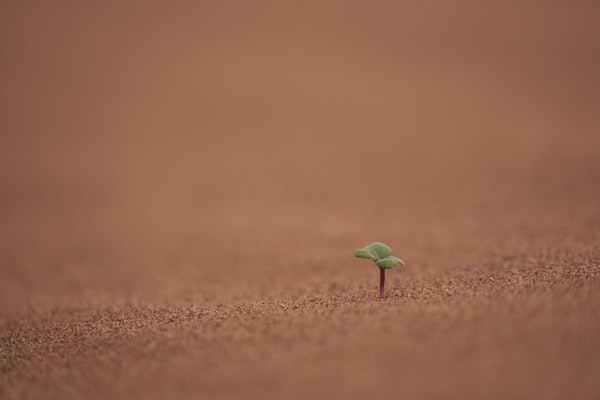Two sides of the road and the gutter next to it
I have a mid-October deadline for an essay so obviously when I started reading up on the topic this morning, I ended up on a different part of the web – where I found this: a piece by a journalist talking about the problems with displaying one’s biases. Its headline:

It’s a straightforward statement until you start thinking about what bias is, and according to whom. On 99% of occasions when a speaker uses the word, she means it as a deviation from the view from nowhere. But the view from nowhere seldom exists. It’s almost always a view from somewhere even if many of us don’t care to acknowledge that, especially in stories where people are involved.
It’s very easy to say Richard Feynman and Kary Mullis deserved to win their Nobel Prizes in 1965 and 1993, resp., and stake your claim to being objective, but the natural universe is little like the anthropological one. For example, it’s nearly impossible to separate your opinion of Feynman’s or Mullis’s greatness from your opinions about how they treated women, which leads to the question whether the prizes Feynman and Mullis won might have been awarded to others – perhaps to women who would’ve stayed in science if not for these men and made the discoveries they did.
One way or another, we are all biased. Those of us who are journalists writing articles involving people and their peopleness are required to be aware of these biases and eliminate them according to the requirements of each story. Only those of us who are monks are getting rid of biases entirely (if at all).
It’s important to note here that the Poynter article makes a simpler mistake. It narrates the story of two reporters: one, Omar Kelly, doubted an alleged rape victim’s story because the woman in question had reported the incident many months after it happened; the other, the author herself, didn’t express such biases publicly, allowing her to be approached by another victim (from a different incident) to have her allegations brought to a wider audience.
Do you see the problem here? Doubting the victim or blaming the victim for what happened to her in the event of a sexual crime is not bias. It’s stupid and insensitive. Poynter’s headline should’ve been “Reporters who are stupid and insensitive fail their sources – and their profession”. The author of the piece further writes about Kelly:
He took sides. He acted like a fan, not a journalist. He attacked the victim instead of seeking out the facts as a journalist should do.
Doubting the victim is not a side; if it is, then seeking the facts would be a form of bias. It’s like saying a road has two sides: the road itself and the gutter next to it. Elevating unreason and treating it at par with reasonable positions on a common issue is what has brought large chunks of our entire industry to its current moment – when, for example, the New York Times looks at Trump and sees just another American president or when Swarajya looks at Surjit Bhalla and sees just another economist.
Indeed, many people have demonised the idea of a bias by synonymising it with untenable positions better described (courteously) as ignorant. So when the moment comes for us to admit our biases, we become wary, maybe even feel ashamed, when in fact they are simply preferences that we engender as we go about our lives.
Ultimately, if the expectation is that bias – as in its opposition to objectivity, a.k.a. the view from nowhere – shouldn’t exist, then the optimal course of action is to eliminate our specious preference for objectivity (different from factuality) itself, and replace it with honesty and a commitment to reason. I, for example, don’t blame people for their victimisation; I also subject an article exhorting agricultural workers to switch to organic farming to more scrutiny than I would an article about programmes to sensitise farmers about issues with pesticide overuse.



